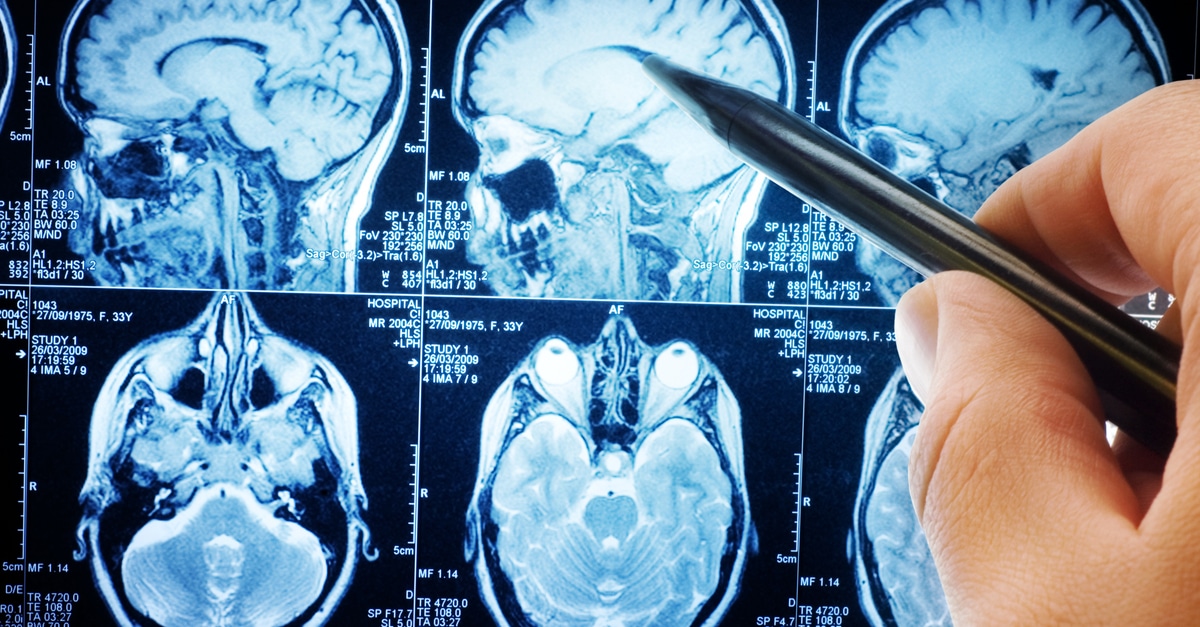Traumatic Brain Injury, or TBI, is brain dysfunction caused by an outside force. Nearly 1.7 million people suffer from a TBI each year resulting in 52,000 deaths. According to the Centers for Disease Control, car crashes account for most TBI-related deaths in those 5–14 years old and almost half in those 15–24 years old. Though symptoms from a TBI can manifest immediately after an injury, sometimes they will not occur until weeks later. Therefore, here are some tips on how to recognize TBI from a traumatic brain injury attorney.
 Those that suffer from mild traumatic brain injury may exhibit signs of:
Those that suffer from mild traumatic brain injury may exhibit signs of:
- short-term loss of consciousness
- confusion
- headache, nausea, or fatigue
- dizziness
- unusual sleep patterns
- blurred vision
- ringing in the ears
- mild difficulty with memory or concentration
- mood swings
However, you may have a moderate to severe TBI if you experience the following symptoms:
 loss of consciousness lasting several minutes to hours
loss of consciousness lasting several minutes to hours- persistent headache
- repeated vomiting
- seizures or seizure-like activity
- dilation of the eyes
- inability to arise from sleep
- altered or loss of sensation in your fingers or toes
- loss of coordination or balance
- significant confusion or disorientation
- unusual agitation or combativeness
Remember, these symptoms will not always manifest immediately. If you have suffered from a blow to the head, you should seek the help of a medical professional. Additionally, even if you were not experiencing these symptoms at the time of the injury, seek additional medical help if these symptoms occur later.
Finally, if you have been injured and sustained a TBI, contact us, for a free case evaluation from an experienced brain injury attorney. Our firm works with top medical doctors to build the strongest case possible which will enable you to receive compensation for your TBI. Every case must be prepared as if it were going to trial.
At trial, a brain injury lawyer will need to call witnesses including medical specialists, radiologists, economists to prove lost earnings, and vocational rehabilitation experts to prove the injured client can not earn income from a similar occupation. Our firm has handled numerous brain injury matters with success.
